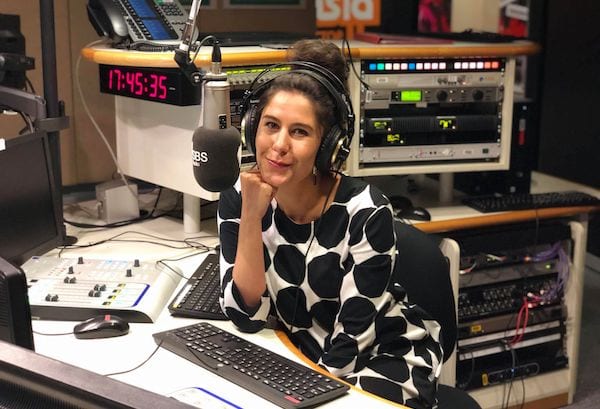It was affronting to say the least. Particularly as Australian women have come such a long way in the struggle for equality.
It wasn’t so long ago that working mothers were disparaged. As for salary, an equal minimum wage was only legislated in 1970 in Australia. Before that, there was a longstanding practice of paying women less, in the belief that men had more financial responsibilities, like family expenses.
This survey should be a wake-up call for all of us – while we’ve made great leaps forwards, we still have such a long way to go.
Too many young women and men in our community think we’ve already achieved equality, or the pendulum has swung too far. In fact, sexism and inequality prevails in Australia, and has serious consequence on the lives of girls and women, as well as boys and men.
Take the gender pay gap – it’s 2018 but we still have a considerable one. Nationally, men’s average full-time pay, including bonuses and other extras, is now 21.3% more than women’s. This works out to an extra $25,717 per year.
The pay gap is reflected in the way we treat children, in everything – from the way we dress babies to the pocket money we give, with boys getting more than girls.
And it’s just one equality battle we still face in Australia. What else is there?
We sought to answer this question in our new podcast Sexism And The City – which aims to start a conversation about modern day sexism, which exists all over the world, and bust common myths about gender inequality.
Teaming up with journalist Jan Fran (pictured above), we explored harrowing and little known issues – from sexist streets, to street harassment, which is limiting the freedom of young women and girls around the world every day, from Sydney to Sao Paulo.
It’s important to understanding that inequality is still a problem in Australia, and around the world, which requires genuine action.
It’s often set aside in the ‘too hard’ basket. People say we can’t change the long-held views and behaviours that perpetuate inequality, or they’re somehow harmless, or will get better with time.
Our 2017 Dream Gap report revealed just on how much work we still have to do when it comes to the attitudes of boys and girls.
One of the most troubling findings was the starling loss of confidence among girls as they transition into the teenage years, and their growing awareness of inequality in all areas of their lives. Almost all – 93% – of the girls aged 15-17 that were surveyed said it would be easier to get ahead in life if they weren’t judged on their appearance.
The young women we are working with in Australia tell us they’re sick and tired of facing inequality and feeling unsafe, simply because they were born a girl.
We also know that with greater equality and more flexible gender roles, everyone benefits. For instance, violence is less common in societies where men and women are more equal in their relationships, and not expected to play different roles based on their sex.
We can drive change, in Australia, and around the world, but it requires attention, conversations and working together to find solutions. You can play a valuable role in this discussion – how can you broach a subject like equality with your mum, dad, workmate or uncle?
You can check out Plan International’s new podcast here.


